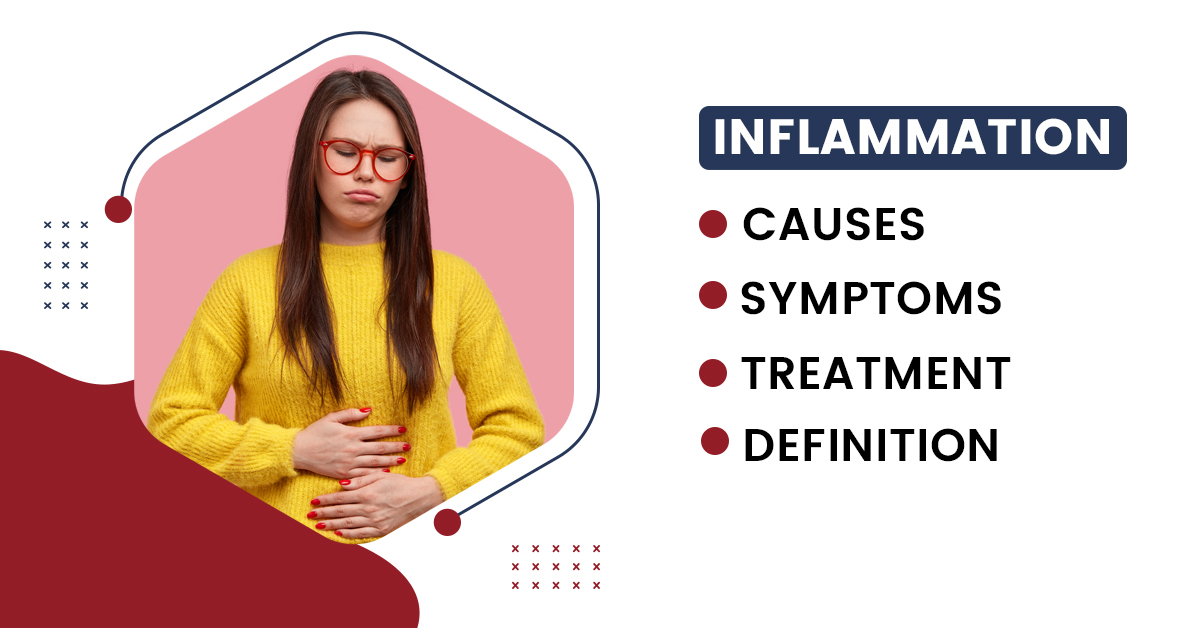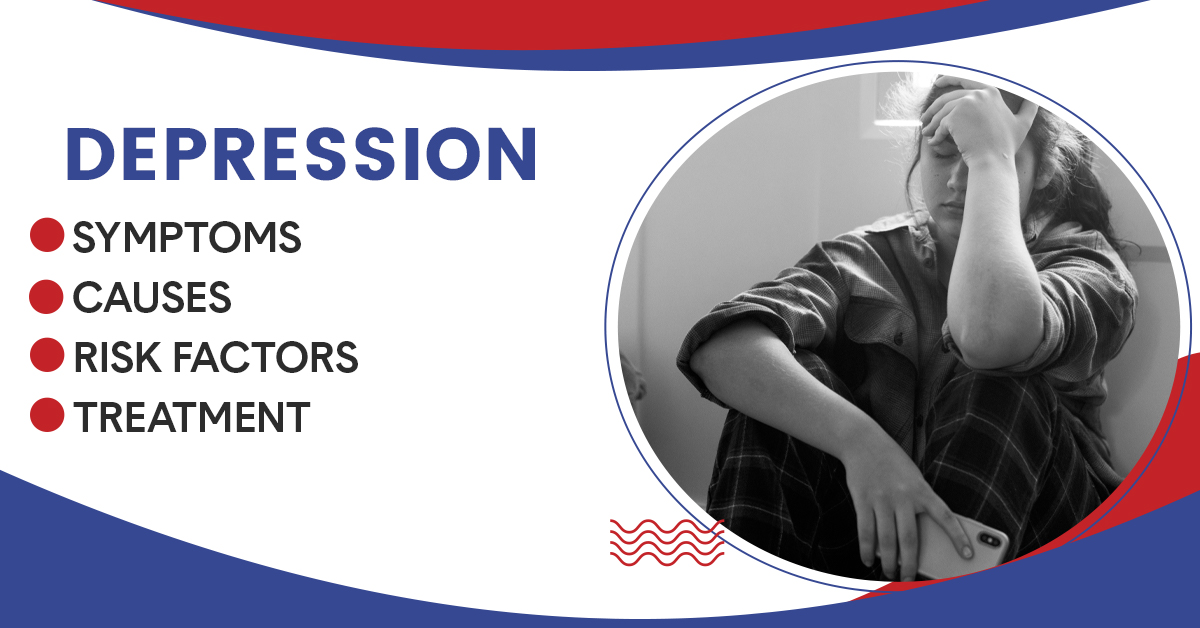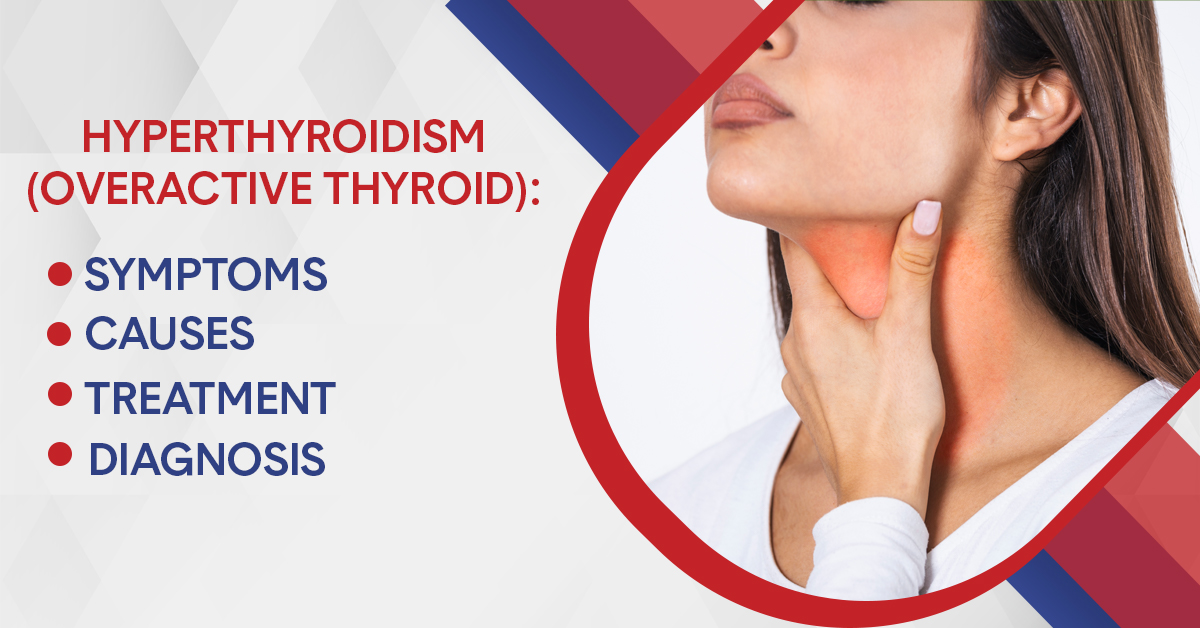- By THRI Admin
- Posted June 27, 2022
The body uses inflammation to protect itself from infection and heal itself after injury. Everyone's bodies must be inflamed.
Nevertheless, inflammation can be dangerous when it persists for too long or reaches too high levels, according to the Department of Veterans Affairs (VA). Asthma, cancer, Alzheimer's disease, and other autoimmune diseases can all be caused by it.
The use of medication and certain lifestyle practices can help reduce inflammation and prevent inflammatory diseases if you have ongoing inflammation.
What is Inflammation?
A virus, bacteria, toxic chemical, or injury activates your immune system when it encounters an offending agent. Whenever your immune system detects an infection, it sends out inflammatory cells and cytokines (substances that stimulate more inflammatory cells).
During an inflammatory response, these cells trap bacteria and other offending agents or begin healing injured tissue. As a result, pain, swelling, bruising, and redness may occur. There are, however, other body systems that inflammation affects that you cannot see.
What are the Symptoms of Inflammation?
There are many questions about inflammation, including 'Can inflammation cause pain?' Or 'does inflammation cause swelling?' Well, the answer to these problems is yes. Inflammation has characterized itself since ancient times by five major signs, sometimes called the five cardinal signs.
- Pain: Pain and sensitivity are caused by certain chemicals involved in the immune response. An inflammatory site can cause constant pain or only occur when touched.
- Redness: Increased blood supply causes redness at inflammation sites.
- Swelling: Fluid accumulates inside tissues due to inflammation, causing swelling. A person may experience swelling throughout their body or in a specific region.
- Heat: In an affected area, increased blood flow may cause it to feel warm to the touch. Infections can cause the whole body to raise its temperature, which is a well-known example of this response.
- Loss of function: A body part can lose its ability to function properly due to inflammation, whether it's due to an injury or illness. Joint inflammation, for instance, can make moving the affected parts of the body difficult.
What are the Causes of Inflammation?
It has been discovered that chronic systemic inflammation can be caused by several different factors, including modern living and aging.
Various causes can cause by inflammation, some of the causes of chronic inflammation include:
- Physical inactivity: Whenever your muscles are in motion, a chemical process called anti-inflammatory occurs in the bloodstream. There is an increased risk of age-related diseases among people who do not meet the minimum activity recommendations. About half of all American adults don't meet the minimum activity recommendations for optimal health.
- Obesity: Pro-inflammatory chemicals are released by fat tissue, especially visceral fat (which surrounds the abdominal organs).
- Diet: Obese individuals are more likely to experience inflammation when they consume diets high in saturated fat, trans fat, and refined sugar.
- Smoking: Cigarette smoking reduces anti-inflammatory molecule production and increases inflammation.
- Low sex hormones: Inflammation is suppressed by estrogen and testosterone, which are sex hormones. Inflammatory diseases are associated with lower levels of these hormones, which are common in older people.
- Stress: Increased inflammation can cause psychological stress which is not good for health.
- Sleep disorders: A person with an irregular sleep schedule has more risk of having inflammation than a person who sleeps eight hours a night regularly.
- Age: It has been proven by studies that chronic inflammation gets worse as we age.
What are the Types of Inflammation?
There are mainly two types of inflammation:
- Acute inflammation: An immediate response to body damage, like cutting your finger. During the healing process, your body sends inflammatory cells to the cut. The healing process starts with these inflammatory cells.
- Chronic inflammation: Despite no outside threat, your body continues to send inflammatory cells. It is known that rheumatoid arthritis is a disease in which inflammatory cells and substances attack joint tissues, causing inflammation and severe damage to joints.
How is Inflammation Diagnosed?
Inflammation or conditions that cause it cannot be diagnosed by a single test. Depending on your symptoms, your doctor may recommend one or more of these tests.
Blood tests
It is possible to diagnose inflammation in the body by looking at certain "markers." In other words, abnormal levels of these markers cannot indicate exactly what's wrong.
Serum protein electrophoresis (SPE)
Trusted Sources recommend SPE for determining chronic inflammation. Blood is tested to detect any issues by measuring certain proteins in the liquid part. Inflammation and markers of other conditions can be indicated by excessive or insufficient levels of these proteins.
C- reactive protein (CRP):
Inflammation naturally triggers the liver to produce CRP. Several inflammatory conditions can cause a high level of CRP in the blood.
The CRP test is highly sensitive to inflammation, but it cannot distinguish acute from chronic inflammation since it elevates CRP in both cases. Your doctor may be able to diagnose you more accurately if your levels are high along with certain symptoms.
Erythrocyte sedimentation rate (ESR)
Sedimentation rate tests are sometimes referred to as ESR tests. An indirect way to measure inflammation is to measure how quickly red blood cells sink into a tube of blood. You're more likely to experience inflammation if they sink quickly.
There is rarely a need to perform an ESR test alone because it does not provide a specific indication of what is causing inflammation. Inflammation can be identified by your doctor through this test. Your condition can also be monitored with this information.
Plasma viscosity
This test is especially used to measure the thickness of blood. Inflammation can thicken plasma.
Other blood tests
Other tests may be necessary if your doctor suspects viruses or bacteria are causing the inflammation. Your doctor will be able to explain what to expect in this case.
Other diagnostic tests
Certain symptoms, such as chronic diarrhea or numbness on one side of your face, may require your doctor to order an imaging test to examine certain parts of your body or brain. The most common imaging techniques are MRIs and X-rays.
Treatment of Inflammation:
The healing process involves inflammation. The most important thing is to get it under control if it becomes chronic so you don't have to suffer from long-term effects. The following are some options for managing inflammation:
- Nonsteroidal anti-inflammatory drugs (NSAIDs). A variety of over-the-counter NSAIDs reduce inflammation and pain, including aspirin, ibuprofen (Advil), and naproxen (Aleve). Peptic ulcer disease, kidney disease, and other conditions are associated with long-term use.
- Steroids. Corticosteroids are a common type of steroid hormone. When the immune system attacks healthy tissue, they decrease inflammation and suppress the immune system. In addition to causing vision problems, hypertension, and osteoporosis when used long-term, corticosteroids can also cause blood pressure problems. The benefits and risks of corticosteroids will be discussed with you by your doctor before they are prescribed.
- Supplements. Some substances might aid in reducing inflammation. Fish oilTrusted Source, lipoic acid rusted Source, and curcuminTrusted Source have all been associated with reduced inflammation; however, additional research is required, particularly concerning fish oil, to be able to make a firm conclusion. Several spices, including ginger, garlic, and cayenne, may also aid with chronic inflammation and inflammatory diseases, although more research is required before making firm conclusions about the best dosage.
- Lifestyle changes. Increased physical activity, dietary adjustments (such as a low glycemic diet and reduced saturated fat intake), and weight loss (if your doctor advises it) have all been demonstrated to help lessen inflammation.
What are ways to reduce or prevent inflammation?
The body's tissues are known to become inflamed in response to several causes. These could be avoided to control inflammatory reactions. A diet that is anti-inflammatory, like the one mentioned above, is advised because it is good for one's health.
- Reduce the intake of sugar.
- Consume fewer saturated fats including those in pizza, cheese, red meat, whole milk, pasta, and deep-fried foods. High levels are a sign of cardiac disease and are known to cause inflammation of the fat tissues.
- Steer clear of trans fats, which are known to cause systemic inflammation. Most packaged goods and quick foods, such as fried foods, snacks, cookies, margarine, and doughnuts, contain them.
- Avoid consuming excessive amounts of omega-6 fatty acids, which are present in mayonnaise, many salad dressings, and soy, sunflower, vegetable, corn, and peanut oils. Overconsumption of omega-6s can cause the body to create substances that promote inflammation.
- Limit goods made with white flour or refined carbohydrates, such as white bread, white rice, potatoes, french fries, and breakfast cereals. These foods quickly increase blood sugar levels and fuel the AGE (advanced glycation end) production of chemicals that trigger inflammation.
- Eat only foods free of the protein gluten, which is present in grains including wheat, barley, and rye. It is well known that gluten exacerbates arthritis and increases inflammation.
- Avoid aspartame, a strong artificial sweetener that lacks nutrients and may cause inflammation.
- Avoid drinking too much alcohol, which can irritate the liver and impair its ability to operate. It is advisable to avoid it or use it sparingly.
- Eat good quality spices. Ginger, black pepper, cinnamon, and turmeric have an anti-inflammatory impact when used frequently.
Read : - Abdominal (Stomach) Pain
Tags




